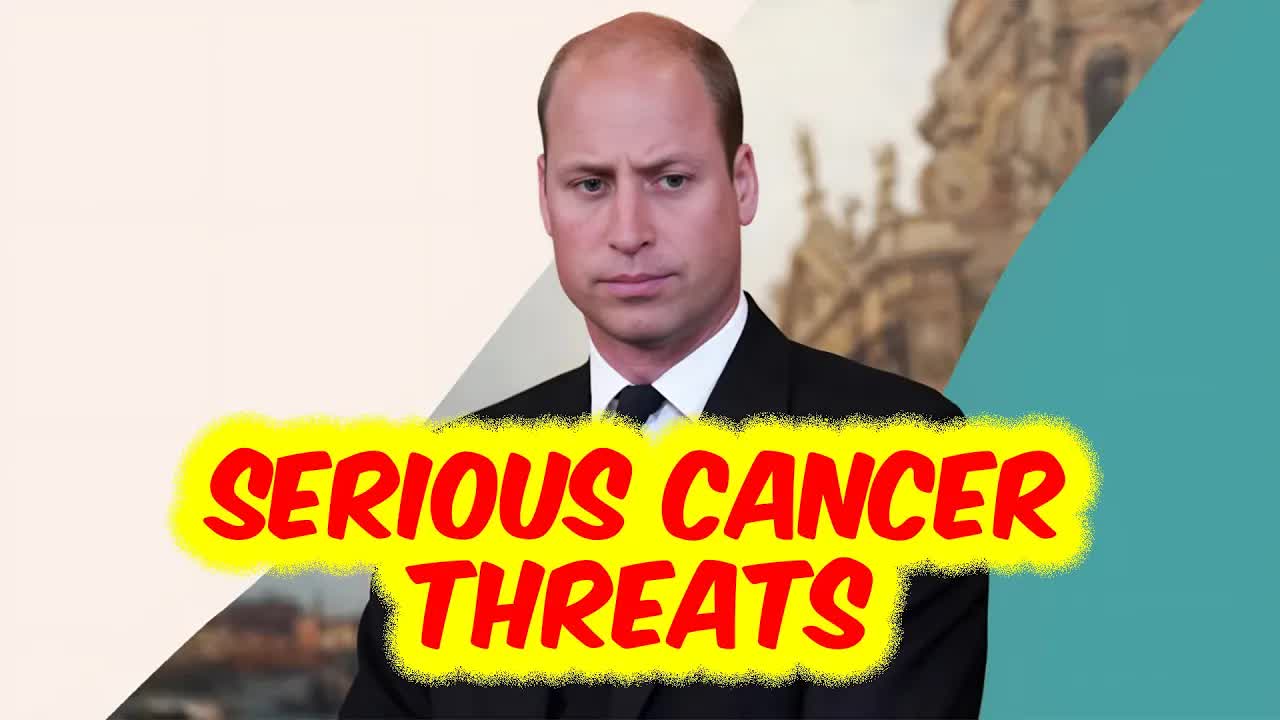In a somber turn of events, Prince William is set to undergo a series of medical examinations following the passing of his former military flight instructor, Flight Sergeant Zach Stubbings.
Stubbings, who was instrumental in training the prince at RAF Valley from 2010 to 2013, succumbed to multiple myeloma, a form of cancer that affects the bone marrow and blood, at the age of 47.
His death has ignited serious concerns regarding the potential health risks linked to long-term exposure to toxic fumes during military service—especially from aircraft like the Sea King, which William piloted during his tenure.
The tragic loss of Stubbings has raised alarming questions about the dangers posed by prolonged exposure to exhaust fumes from military helicopters.
For Prince William, these worries are particularly pressing given his previous role as a Sea King pilot.
Reports indicate that the prince will now undergo preventative medical check-ups to ensure he hasn’t developed any conditions related to his military service.
Sources close to the situation have expressed anxiety, stating, “Heaven forbid that he’s developed any form of cancer in the service of his country,” especially since the royal family has already faced its share of cancer diagnoses.
Currently, the royal family is grappling with two significant cancer cases, heightening the urgency surrounding William’s health.
Both King Charles and Princess Kate have undergone treatment for cancer, with Princess Kate recently announcing her remission after completing a rigorous six-month course of chemotherapy.
This development has intensified the focus on Prince William’s well-being, as the family seeks to avert further health crises.
Given the serious implications of cancer within the royal household, Buckingham Palace staff are adopting a cautious approach regarding Prince William’s health.
Officials are determined to avoid what they refer to as a potential “triple whammy” of cancer diagnoses among senior royal family members.
This proactive stance has led to the decision for Prince William to undergo medical exams, aimed at safeguarding his health and addressing any risks tied to his military background.
In response to the growing health concerns, the Ministry of Defence has initiated tests on the exhaust emissions from specific military helicopters.
The objective is to assess the health risks posed to service members who have flown or worked on these aircraft.
These tests will explore whether long-term exposure to exhaust fumes could be linked to serious health issues, including cancer, among pilots and crew members associated with helicopters like the Sea King.
The heightened scrutiny of Prince William’s health comes amid a broader evaluation of the conditions faced by military personnel.
The MoD’s initiative to test helicopter exhaust emissions underscores an increasing awareness of the potential hazards that service members may encounter throughout their careers.
As results from these tests emerge, they could offer crucial insights into how to protect the health of both current and former military personnel, including those within the royal family.
Prince William’s forthcoming medical exams serve as a vital reminder of the importance of vigilance concerning health risks associated with military service.
With the royal family already navigating two significant cancer battles, concerns regarding William’s well-being have assumed greater urgency.
By opting for these tests, the prince is taking a proactive step to safeguard his health, ensuring that any potential issues can be identified early and that risks related to his past service are addressed effectively.
The implications of these developments extend beyond the royal family.
Related Stories

